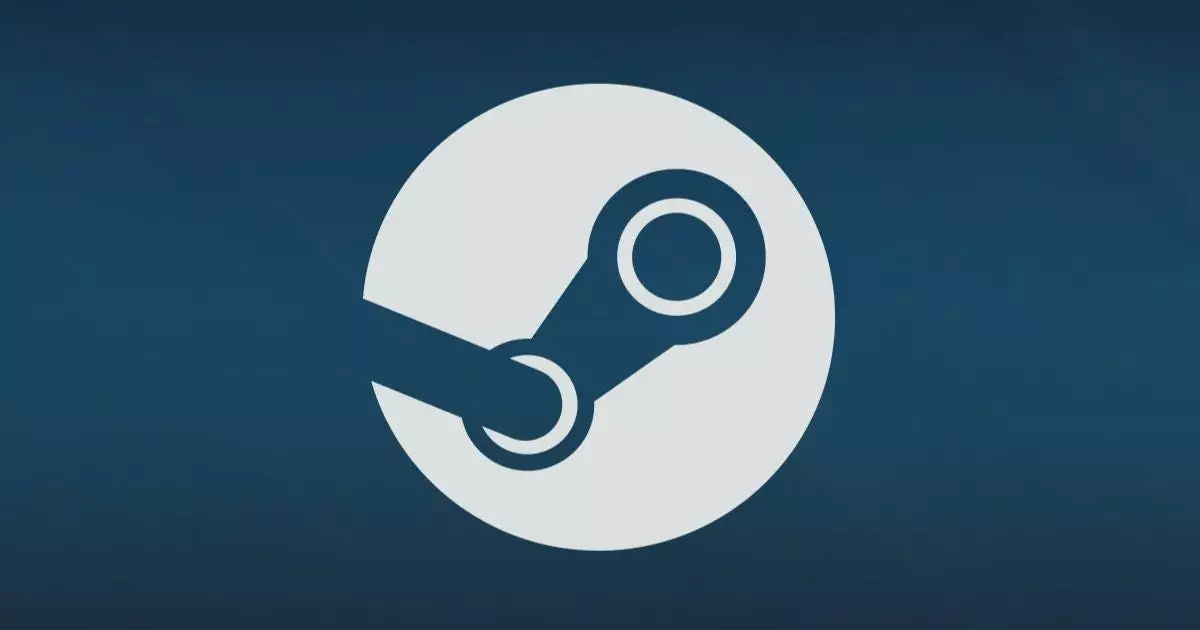In the evolving landscape of PC gaming, a significant legal battle is underway that could fundamentally alter the dynamics of game publishing. At the center of this controversy is Valve Corporation, the company behind the digital distribution platform Steam, which is being accused of anti-competitive practices. This lawsuit, now categorized as a class action, originates from complaints made by game developers and publishers who allege that Valve’s practices stifle competition and inflate prices for consumers. The origins of the lawsuit can be traced back to claims made by Wolfire Games, creators of the indie game Overgrowth, who initiated this fight for what they believe is fairness in the gaming marketplace.
Wolfire’s argument, as stated by its founder David Rosen, posits that Valve’s 30% revenue cut on every sale made through Steam creates an environment where prices are artificially maintained at higher levels, depriving consumers of the opportunity to benefit from lower prices that could emerge from a more competitive marketplace. This assertion highlights the tension within the gaming industry between established powerhouses and emerging competitors. The economic implications of Valve’s policies are profound; they suggest that the dominance of a single platform can severely restrict the economic freedom and opportunities available to developers.
The lawsuit has witnessed various ups and downs since it was first filed in April 2021. Initially dismissed in November 2021, a judge ruled that Wolfire had failed to demonstrate tangible harm from Valve’s practices. This dismissal, citing examples of competing services that have not overtaken Steam despite lower commission rates, showed a reluctance from the judiciary to intervene in the established market structure. However, legal proceedings can often be unpredictable, and following the dismissal, Wolfire was given a window to amend their claims and reinforce their arguments.
By May 2022, new evidence and a revised case allowed portions of the lawsuit to progress, culminating in its combination with another suit from Dark Catt Studios. This multiplication of grievances against Valve illustrates a collective frustration among developers and signifies a growing dissatisfaction with the status quo. As of today, the class action status of the lawsuit indicates that any developer or publisher who has sold a game on Steam since January 28, 2017, may be entitled to compensation should the plaintiffs succeed. The implications of this expansion are enormous, as a ruling in favor of the lawsuit could lead to extensive financial repercussions for Valve.
The outcome of this suit could potentially usher in a new era for digital game distribution. If Valve is found guilty of anti-competitive behavior, it may have to reconsider its pricing policies and the manner in which it operates Steam. Such changes not only have implications for Valve and its partners but could also reshape how the entire gaming industry functions. A newfound equilibrium may allow smaller developers to thrive without the overbearing commission fees that currently dominate.
Moreover, the lawsuit raises critical questions about the broader ecosystem of digital marketplaces beyond gaming. As other platforms like Epic Games Store and Microsoft Store have begun to challenge Valve’s hegemony by offering reduced commission rates, there is a palpable shift in the industry narrative. Consumers and developers alike may benefit from a more competitive environment where multiple stores can vie for business while offering fairer prices and better terms.
Legal battles of this magnitude often beg the question of resources—where do the activists funding these lawsuits obtain their means? The financial backing for such extensive legal ventures typically comes from a combination of crowdfunding, support from industry stakeholders, and legal aid. Transparency in this realm is crucial for maintaining the trust and integrity of the ongoing litigation process.
Additionally, this entire scenario reflects a growing trend in the gaming industry where developers are becoming increasingly vocal about the challenges posed by industry giants. The rise of social media and community-driven platforms allows developers and consumers to join in conversations that were once largely domestic to industry insiders. This democratization of dialogue is an essential factor in fostering an environment where developers feel empowered to challenge the status quo.
The ongoing class action lawsuit against Valve represents not just a single legal battle but a pivotal moment in the gaming industry that encapsulates the struggle for fairness and competition in a rapidly evolving market. As the case unfolds, it could potentially lead to far-reaching changes in how game platforms operate and restructure the financial models that currently dominate digital distribution.
The precedent it sets might encourage more developers to voice their grievances against monopolistic practices, ensuring that the industry evolves towards greater equity. While the ultimate outcome remains uncertain, the significance of this lawsuit underscores a critical juncture for the future of gaming—challenging the dominance of any one platform and fostering a more vibrant marketplace for creators and consumers alike.


Leave a Reply